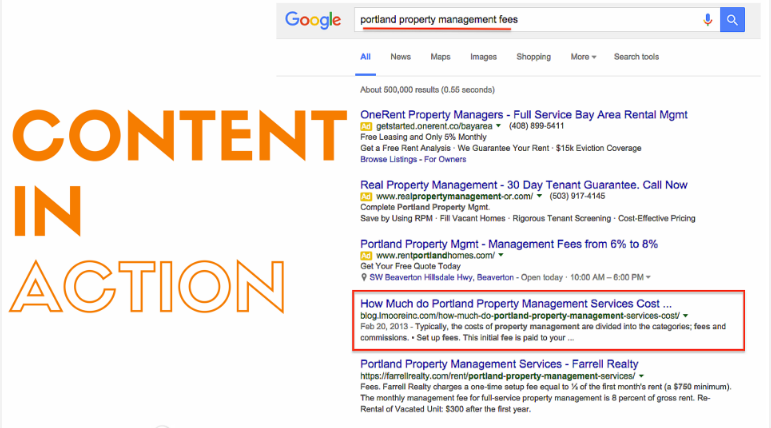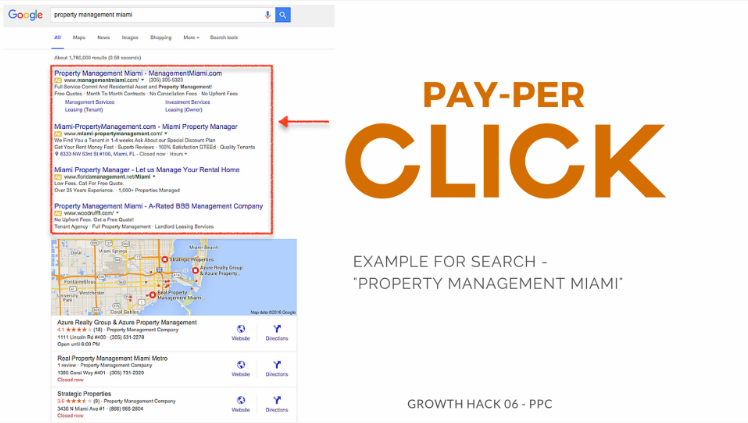Why Rental Housing Professionals Should Think About HR
Shared post by The Mammoth HR Pros

Hand holding a Human Resources Word Sphere on white background.
With the minute-to-minute demands of managing and servicing rental properties, who has time for HR? Best hiring and retention practices can take a back seat to maintenance repairs, rent collection, showings and listings, right?
It’s true that HR usually can’t compete with maintenance emergencies and other such urgent matters, but it needs to be part of the regular routine. HR done well gives employers the tools to create a great workplace and to ensure compliance with employee-related laws and regulations. It sets and maintains a solid, stable foundation. Ignoring HR—or doing it poorly—is like building on unstable land: the foundation will eventually crack and, in a crisis, the structure will collapse. Bad HR is bad for business.
HR Helps You Create a Great Rental Workplace
Let’s imagine a common scene: two prospective tenants have taken their lunch hour to visit a couple of nearby apartment complexes. The two places have similar rates and offer comparable perks to renters. Nevertheless, the prospective tenants rule out the second one almost immediately after entering the property.
At the first location, they’re greeted warmly by the apartment management staff. They have to wait a few minutes to be seen, so they have a moment to take in the office atmosphere. The front office is busy, but not chaotic. Maintenance and janitorial employees pop in and out, and their interactions with the office manager are courteous and efficient. Overall, the employees seem happy, and the office has a welcoming vibe.
At the second location, the prospective tenants are seen to immediately, but there’s no warmth to the place. The employee at the front desk mutters that today was supposed to be his day off. Two others argue audibly in a back office. The employees clearly don’t want to be there, and the applicants conclude they feel the same. They leave, without having looked at any of the available apartments, and drive back to the first place.
When employees like where they work, they tend to be happier. That’s good for customers, clients, and prospects too—it makes the place they come to for business (or residence!) a happier place, a place they like to be. And when employees dislike their workplace, their disapproval shows. Having angry or disengaged employees is the fastest avenue to negative reviews and a negative reputation.
Whether a business has a good or bad reputation is no mere matter of chance: it’s largely a consequence of doing HR well or poorly. Doing HR well means valuing and honoring the work and contributions of employees, attending to their working conditions, establishing consistent employment practices and policies, setting clear channels for communication, building a workplace culture of collaboration and camaraderie, and providing perks and benefits when possible. Doing HR poorly means choosing to neglect one or more of these areas.
Human Resources Helps You Comply with Laws and Regulations
HR is also about the law, meaning HR can be a headache and a half. But whether or not an employer attends to HR, the laws and regulations are going to be there. And ignoring them has consequences.
Every employer needs to know about federal laws like the Fair Labor Standards Act (FLSA) and the Family and Medical Leave Act (FLMA), the Americans with Disabilities Act (ADA) and Title VII of the Civil Rights Act, the Equal Pay Act (EPA) and the Affordance Care Act (ACA). Every law won’t apply to every employer, but violations can be expensive, so an employer shouldn’t just assume they’re exempt. Even simple oversights can be costly. A company can incur fines simply for not having the proper labor law posters displayed!
States too have their own labor-related laws, covering everything from minimum wages, to payroll deductions, to sick leaves, to travel reimbursements, to what questions employers can ask applicants. Twenty-three states even have social media privacy laws! Municipalities are getting more and more into the action as well: some cities have their own minimum wages and sick leaves, among other ordinances.
To handle all these laws and regulations, large companies have their own HR departments, but small and midsized companies can often afford to have only one person in charge of these matters. These one-person HR Departments often have many other responsibilities demanding their attention (like setting rentals rates, calculating taxes, and advertising vacancies). Consequently, HR often gets less priority, putting these organizations at risk.
Bottom Line
It’s vital to the health of an organization to put at least one person in charge of HR and give that person adequate time to attend to it – and not only during times of an HR crisis. Whoever oversees HR matters needs time to do research or seek the advice of other HR professionals. With sufficient time and resources, an HR individual or team can help ensure that the organization has a great and compliant workplace. And that’s good for increasing rental income and reducing expenses, no matter what the business!
By The Mammoth HR Pros
At Mammoth, our mission is to make HR approachable, simple and intuitive for small and medium-sized organizations nationwide. We serve over 15,000 businesses and offer live, 1-on-1 consultations with our certified HR Pros, a state-of-the-art online portal, exclusive HR compliance tools, support for all 50 states, live online chat assistance and more. Whether you need an employee handbook, answers to your HR questions, or help understanding the rules and regulations, our on-call HR team is here to help. And they’re awesome – 95% of our clients say they’d recommend us to others. Visit us at mammothhr.com.













 Seasoned landlords know that all tenants are different.
Seasoned landlords know that all tenants are different.


